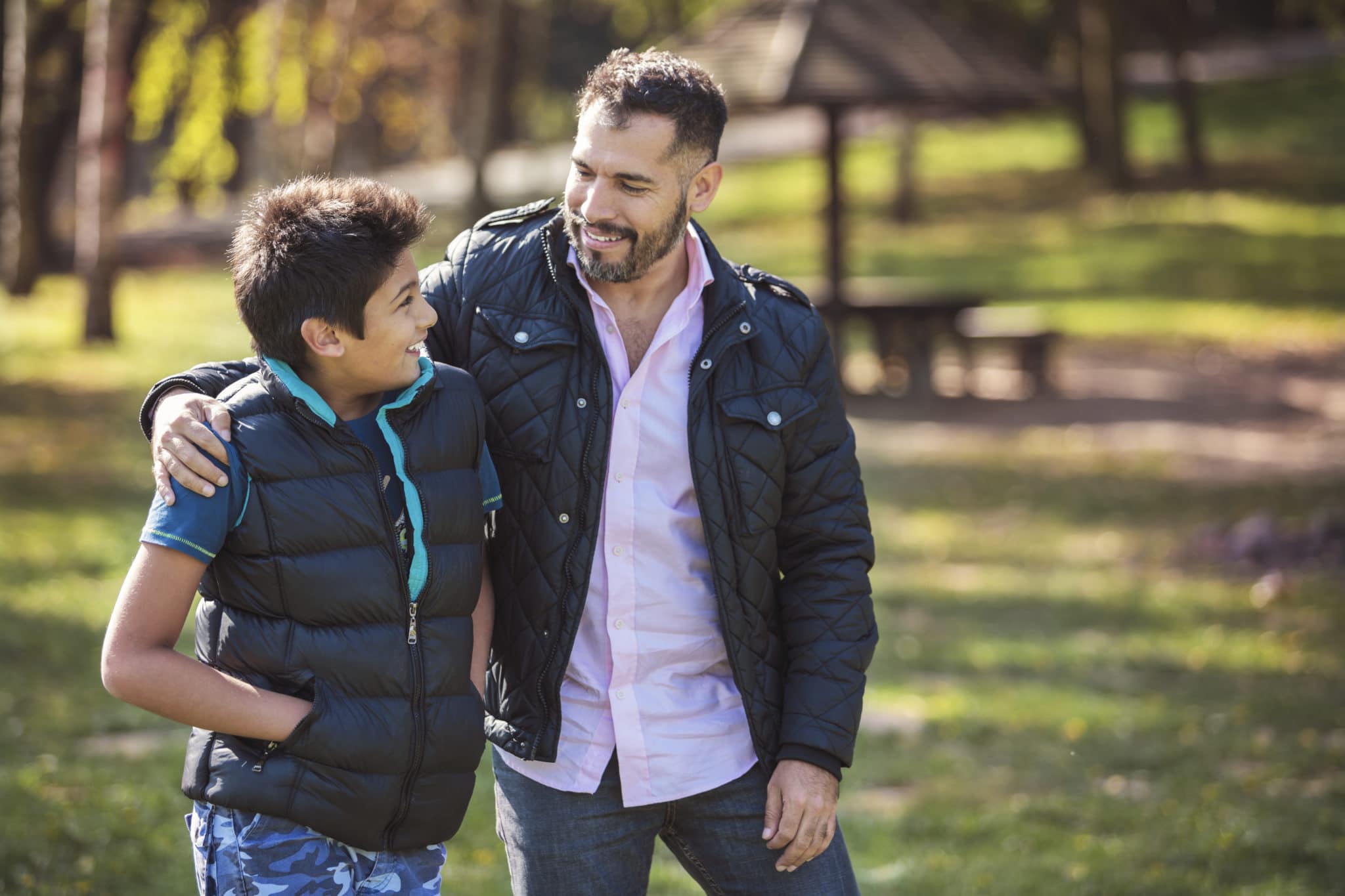Stark County offers Teen Court as an alternative to traditional juvenile court for cases that involve first-time nonviolent offenders. This diversion program relies on youth-to-youth accountability and early intervention to prevent recidivism, or the likeliness of the offender to continue criminal behavior.
The Stark County Family Court started Teen Court in 1996. It is funded through a grant from United Way of Greater Stark County. Defendants under the age of 18 are referred to Teen Court by the Family Court’s intake department. They must admit their involvement with a charge, and they, along with their parent or guardian, must consent to participating in Teen Court.
The bailiffs, jury members, prosecutors and defense attorneys are all student volunteers who meet three times a week during the school year. They use creative sentencing to make sure the defendant understands the harm they’ve caused to the victim, the community and themselves.
Using restorative justice gives the volunteers a “sense of stake” in the community. Outside of Teen Court, they continue to work to make the community safer and hold offenders accountable. Judge Jim D. James said, “I thought [volunteers would] be providing us a great service and learn a lot. But I had no clue how valuable [Teen Court] would be for them.”
The volunteers spend time digging into problems and coming up with solutions to help the kids who go through Teen Court. Skylar Woods is a Stark County Family Court juvenile probation officer and former Teen Court volunteer. She said, “We get a lot of feedback from the families and youth. They really touch on how genuine the students are, how attentive they are, and how much it’s really impacted or helped their family.”
Parents of juveniles who were charged in Teen Court feel the program has a positive impact on their kids – they would recommend the experience to other families. Since 1996, 2,000 high school student volunteers have ruled on more than 2,500 cases in Teen Court. With a 15% rate of recidivism for juveniles who have completed Teen Court, it’s impressive what these students have accomplished. This makes me wonder what the recidivism rate is for “regular” juvenile court? If it’s much higher, add the word “only” before 15%?
Learn more about Teen Court by watching the video from United Way of Greater Stark County below.
If you are interested in learning more about teen criminal justice, StarkHelpCentral.com has a variety of juvenile justice resources.






